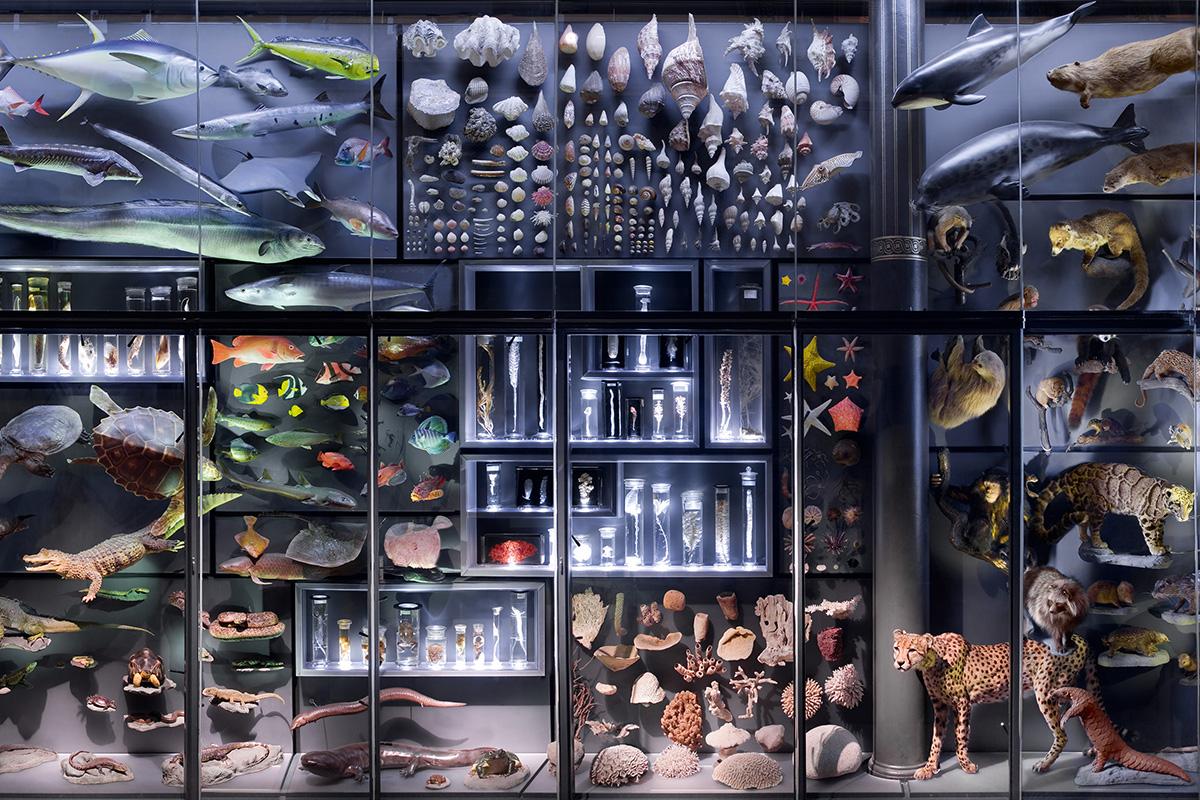From as yet undiscovered biodiversity to resilient forests to the effects of food consumption on nature: 64 experts have now pooled their knowledge and recommendations and published them in the form of "10 must-knows from biodiversity research for 2024". The new report from the Leibniz Biodiversity Research Network shows politicians and society concrete ways in which biological diversity can be effectively preserved and used sustainably at local, national and European levels, and how the climate can be protected at the same time. With the publication, the researchers are bringing together current scientific facts and thus contributing to the debate about the national biodiversity strategy, which is to be adopted before the next World Nature Conference in autumn 2024.
"We are already exceeding planetary limits, both in terms of global warming and in the loss of biological diversity. In order to address these crises, common answers are needed. We know that protecting biodiversity can make a significant contribution to mitigating climate change, for example through species-rich forests and rewetted moors that store carbon. Only if greater focus is placed on measures to protect biodiversity can it be possible to combat both crises at the same time," says Dr. Kirsten Thonicke, lead author and deputy head of department at the Potsdam Institute for Climate Impact Research (PIK), who coordinates the research network.
Following the great response to the "10 Must-Knows from Biodiversity Research", which was published for the first time in 2022, researchers from a total of 52 German and international research institutions have now brought their expertise from the environmental, life, spatial, social, humanities and economic sciences to the New version introduced. "Our recommendations bundle the research findings available today for decision-makers. The must-knows are intended to provide them with orientation knowledge in order to be able to implement the globally agreed biodiversity goals in the German context," says author Dr. Sibylle Schroer from the Leibniz Institute for Freshwater Ecology and Inland Fisheries (IGB). "This also includes recognizing that we have so far only researched and understood a relatively small part of the entire biodiversity. This insight is an important step towards more sustainable environmental protection measures that should focus on ecosystem-based habitat management - and thus the functions and interactions between species and habitats, rather than just considering individual species and habitats."
Concentrated biodiversity knowledge from 64 experts across disciplines
The National Biodiversity Strategy 2030 is currently being developed for the national implementation of the 23 global biodiversity goals agreed upon by the member states of the United Nations at the World Nature Conference in December 2022. In order to provide current facts from science, the first version of the "10 Must-Knows" from 2022 was expanded to include numerous aspects and brought up to date with the help of current literature. The report that has now been published looks at how the impact of food consumption on biodiversity can be specifically reduced: "Understanding and using biodiversity as an important production factor helps to stabilize yields, make agriculture resilient and help us all, whether producers or consumers, to develop into biodiversity managers," says author Dr. Jens Freitag from the Leibniz Institute for Plant Genetics and Crop Plant Research (IPK). The authors provide practical recommendations for politics and show what citizens can do with concrete options for action for society.
The BMBF Research Initiative for the Conservation of Biodiversity (FEdA) and the German Center for Integrative Biodiversity Research (iDiv) Halle-Jena-Leipzig worked as cooperation partners on the project. The "10 Must-Knows" were commented on by experts from politics, administration, science and associations before publication.
The "10 Must-Knows from Biodiversity Research 2024" include:
- Achieving climate and biodiversity protection together
- Enabling a healthy life on a healthy planet
- Paying attention to undiscovered biodiversity
- Linking linguistic, cultural and biological diversity
- Balancing diverse use of forest ecosystems and biodiversity protection
- Transforming the agricultural and food system
- Protecting land and resources
- Achieving transformative change through international cooperation and education for sustainable development
- Free access and open use of biodiversity-related data to ensure the impact of life
